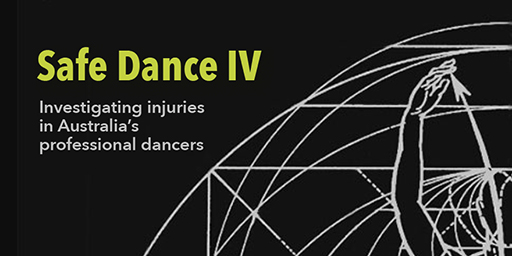1 March 2016
Statement regarding hearings by the Royal Commission into Institutional Responses to Child Sexual Abuse
Public hearing into Centres for the Performing Arts
2 March 2016
Ausdance holds the position that any abuse of a child—sexual, physical or emotional—is abhorrent. A dance studio or class is not isolated from the rest of society, no matter how special it may appear or feel. Studio owners and class teachers, like teachers and activity leaders across the whole of our community, have a special responsibility for the welfare of children in their charge. This holds whether it is a small community dance class or a large commercially-oriented studio.
A dance class or studio is first and foremost a business and as such should be subject to regulatory requirements as any business providing recreational services for children. Dance is also a key art form, which in the view of Ausdance makes any abuse of the trust placed by children in their class leaders or studio principals especially serious.
Ausdance notes that the Royal Commission is not enquiring into abuse in dance studios or the entertainment industry. Rather, the Royal Commission is hearing evidence about two specific centres for the performing arts, one of which was for dance. However, Ausdance supports the invitation for anyone who believes they have a direct and substantial interest in the scope and purpose of the public hearing to contact the Royal Commission directly.
Ausdance has a series of guides and fact sheets to assist dance teachers and dance studios. Where relevant, these guides and fact sheets have links to external authorities. The guides include:
- Child safe dance, with links to the Mandatory Reporting Guide, the Australian Institute of Family Studies, and state and territory Child Protection Services and Advice.
- Australian guidelines for teaching dance developed in collaboration with dance studios and dance curriculum organisations
- Code of ethics for dance teachers
- Parents’ code of behaviour
- Professional business practice for studio teachers
- Safe Dance ® practice
- How to choose a dance school for your child
- Work health & safety for the dance industry
- Eating disorders and dancers
Ausdance re-affirms its statement of 15 December 2014 Teaching dance, supporting children.
Download this statement (210 KB PDF)
Neil Roach, A/g CEO Ausdance National


